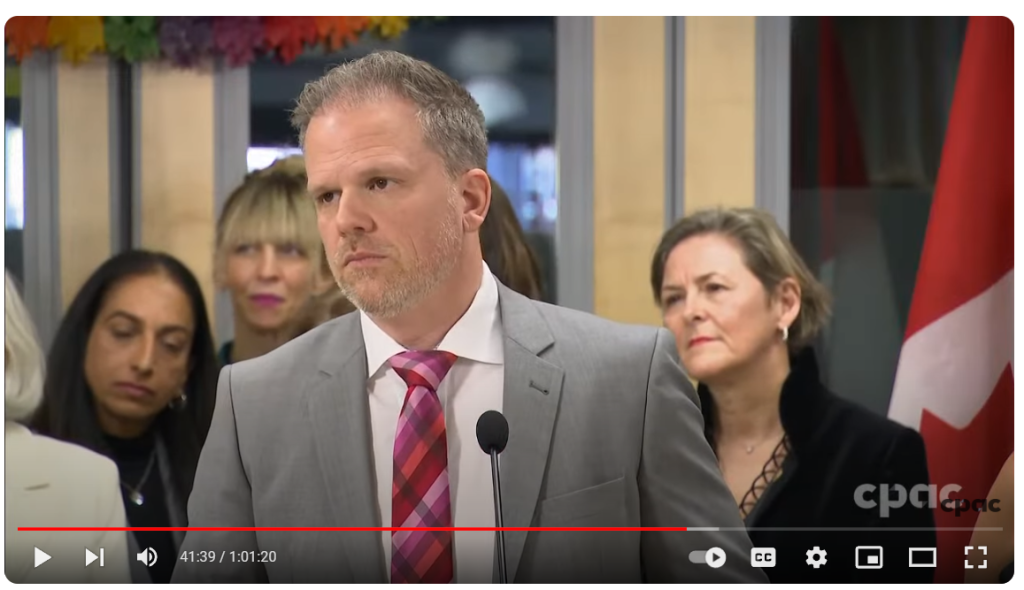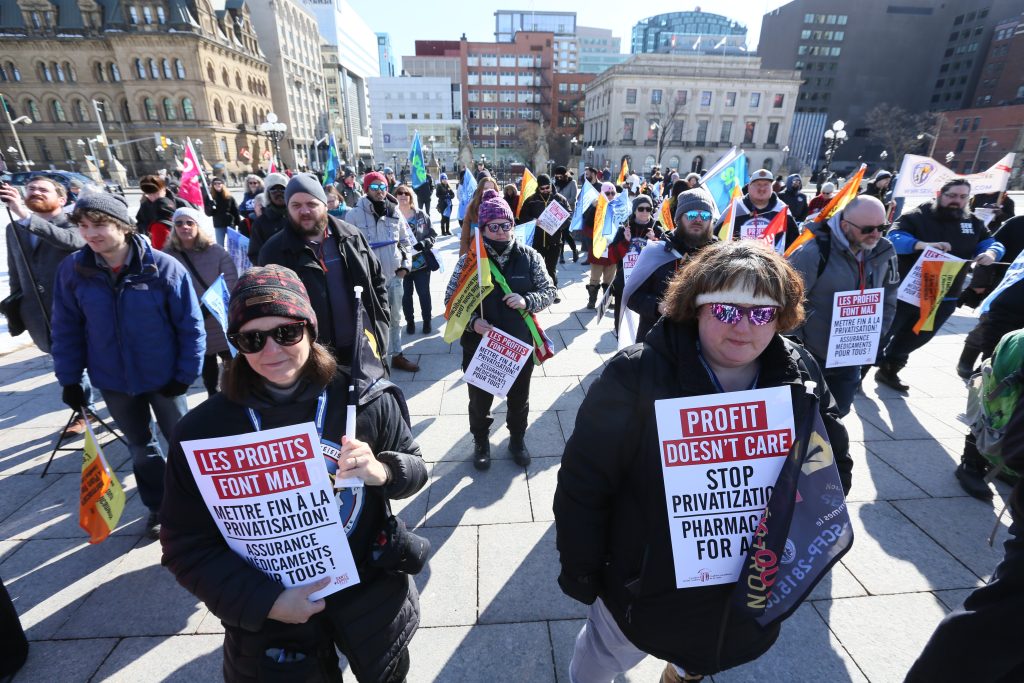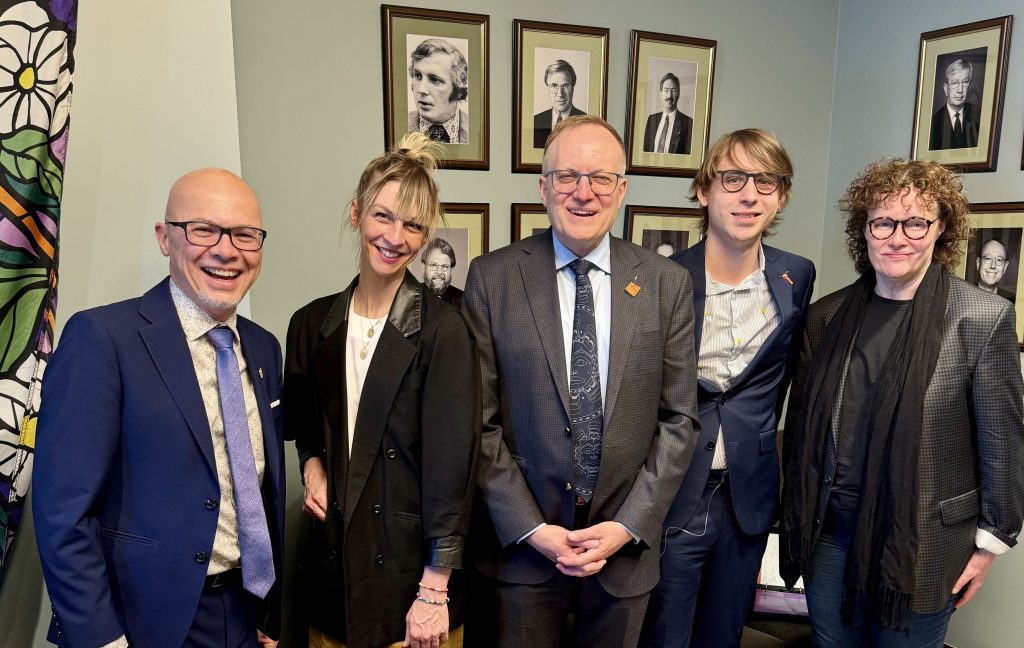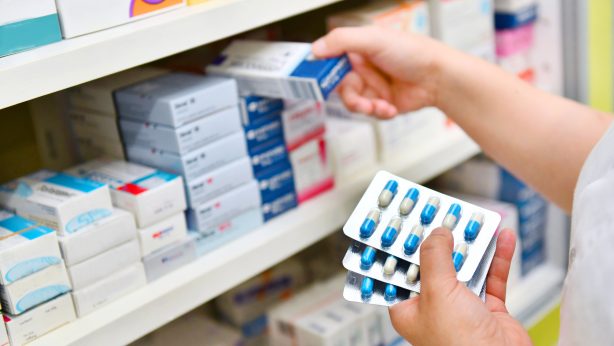Cabinet confidence in Liberal-NDP deal is good news for pharmacare
The federal Liberal Cabinet emerged from its three-day retreat this week confident that the government’s political agreement with the NDP will hold until it expires next spring.
This is good news for the millions of Canadians waiting for the long-promised national pharmacare program, which still has several hurdles to overcome in the coming months before people can receive free prescription medication.
“I’m fairly confident that agreement is a good agreement, it’s a strong agreement and we’ll get to the end of June,” said Government House Leader Karina Gould on Tuesday as reported by CBC.
Advancing pharmacare is a key condition of the Liberal-NDP agreement in return for NDP votes to support the minority Liberals. Their agreement was signed by Prime Minister Justin Trudeau and NDP Leader Jagmeet Singh back in March 2022, and soon after the Canadian Health Coalition launched its landmark three-year Health and Hope 2025 campaign to help ensure the government delivers on its health care commitments.
Liberal-NDP deal nearly collapsed over pharmacare
Confidence in the agreement reaching its planned conclusion in 2025 has not always been so high. A year ago, Prime Minister Trudeau shuffled his Cabinet and appointed Mark Holland as Health Minister which made him responsible for introducing phamacare legislation acceptable to the NDP. A strong bill was essential to prevent the NDP from withdrawing its support.

At the time I wrote, “Holland may be the best person to bring the Liberals back from the ledge.” The Cabinet was divided over pharmacare, and risked losing the NDP’s support if it was too weak.
In fact, the NDP rejected a draft of the bill they were presented privately last October and sent the Liberals back to the drawing board.
With the Conservatives waiting in the wings for the chance to defeat the government and force an early election, negotiations over pharmacare came down to the wire in February.
Activists take action for pharmacare
In February, the Canadian Health Coalition organized hundreds of health care workers and activists on Parliament Hill for a mass rally and dozens of one-on-one meetings with MPs and Senators. Our day of action for pharmacare in May was supported by thousands upon thousands of people who delivered emails to MPs.

Together, we helped turn the tide. On February 29, the government introduced Bill C-64, the Pharmacare Act to widespread applause from advocates, and committed $1.5 billion to launch the program in the 2024 Budget – a historic first for pharmacare to be included in a federal budget. The NDP approved and the program has moved forward, despite protests from the big pharmacare and insurance industries.

Pharmacare wins widespread public backing
Over the summer, both the Liberals and NDP have been promoting the new pharmacare program, which has widespread support. A poll by Environics Research for the Canadian Health Coalition found six in ten Canadians (62%) have heard about the new federal Pharmacare Act. Three-quarters of Canadians support the implementation of a national Pharmacare program, with four in ten expressing strong support for this.
Parliament returns in three weeks, and the Canadian Health Coalition’s top priority is to see Bill C-64 the Pharmacare Act through the Senate and made law as soon as possible, likely in October. We organized a press conference and have met with key Senators to get Bill C-64 over the finish line, reminding them that Canadians can’t wait for pharmacare.
Next, we are also working with allies in provinces and territories to get premiers to work with the federal government. According to Environics’ poll, the vast majority (80%) want their premier to work with the federal government to implement pharmacare.
Is phamacare an election issue?
Several provinces have elections this fall, including British Columbia, Saskatchewan and New Brunswick. Expect pharmacare to be an election issue, because almost half (46%) say they would be less likely to vote for their premier if they reject working with the federal government on pharmacare.
The clock is ticking before the next federal election as well, expected in October 2025 at the latest. After years of hard work and perseverance, supporters of public health might see the first people receiving free medication through national pharmacare in the coming months.



